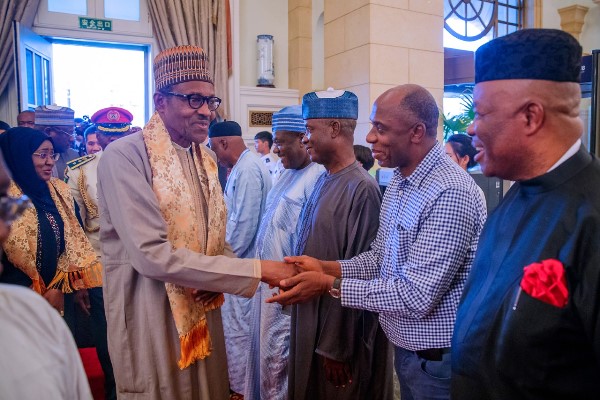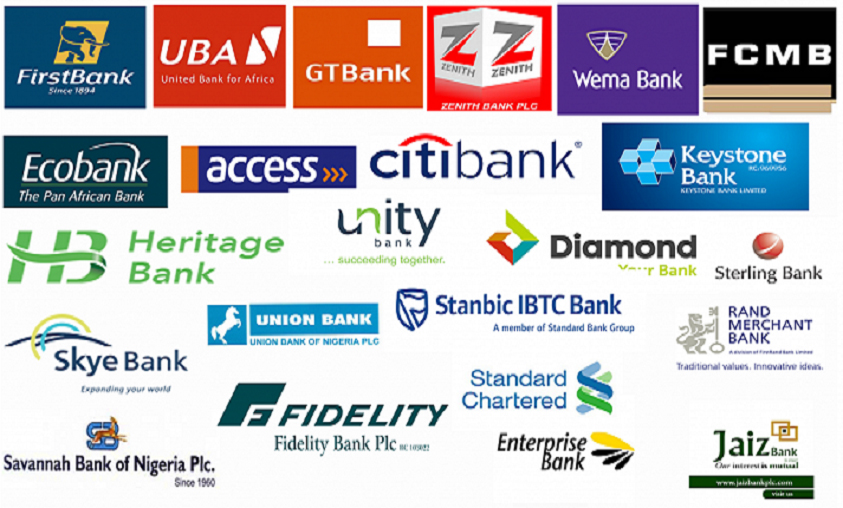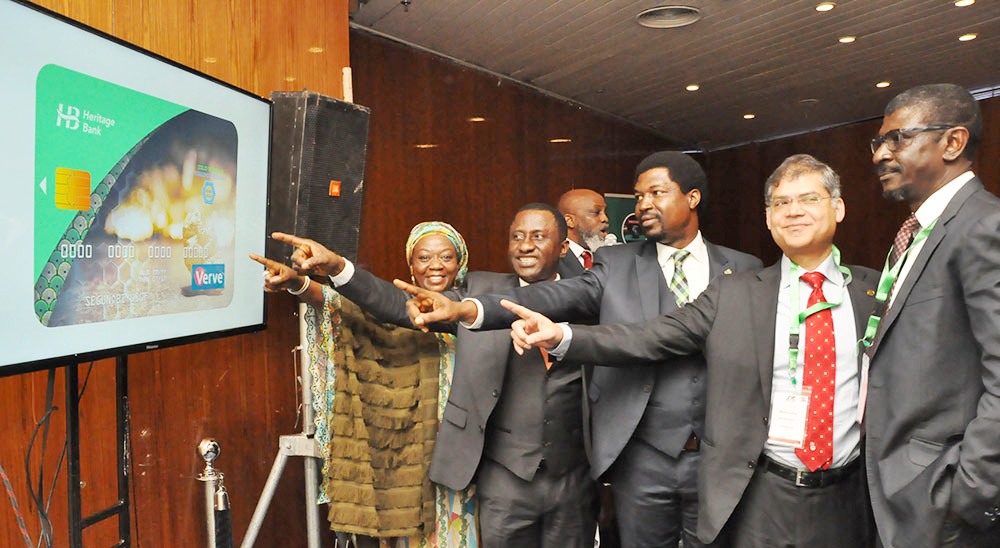If 9th Senate agrees $30bn loan, Buhari’ll set record of $55.7bn external borrowing
Details recently released on Nigeria’s debt profile showed that the external debt that stood at $10.32 billion in June 2015, rose to $25 billion by March this year, showing an increase of $15.3 billion.
Now, should in case the current Senate led by Senator Ahmed Lawan, goes ahead to approve the same rejected loan request which the presidency revealed last week it is going to resend, it means that aside other loans, Nigeria’s real debt profile (foreign) would hit whooping $45.3bn at the end of the current administration.
Otherwise, news flittered in last week that President Muhammadu Buhari has indicated readiness to resend the $30bn foreign loan request earlier rejected by the eighth Senate led by former Senate President, Dr Bukola Saraki.
The loan request, which was turned down by the 8th Senate on grounds saving the future generations from shackles of foreign debt, according to the president was to fund projects captured in the 2017-2020 infrastructure development plan.
According to the President, he decided to represent the request because it was not approved in full by the Eight National Assembly, to finance key projects in different sectors of the economy.
The letter titled: “Request for the National Assembly to reconsider and approve the Federal Government’s 2016-2018 external borrowing plan” reads in part:
“Pursuant to Sections 21 and 27 of the Debt Management Office (Establishment Etc) Act, I hereby request for resolutions of the Senate to approve the Federal Government’s 2016-2018 External Borrowing Plan as well as relevant projects under this plan.
“Specifically, the Senate is invited to note that (a): While I have transmitted the 2016-2018 external borrowing plan to the eight National Assembly in September 2016, this plan was not approved in its entirety by the legislature.
“Only the Federal Government’s emergency projects for the North East’s four states projects and one China Assisted Railway Modernization Projects for Lagos-Ibadan segment were approved out of the total of 39 projects.
“(b). That outstanding projects in the plan that were not approved by the legislature are nevertheless, critical to the delivery of the government’s policies and programmes relating to power, mining, roads, agriculture, health, water and educational sectors.
“These outstanding budgets are well-advanced in terms of the preparation, consistent with the 2016 date.
“Sustainability analysis undertaken by the Debt Management Office were approved by the Federal Executive Council in August 2016 under the 2016-2018 external borrowing plan.
“Accordingly, I have attached for your kind consideration, relevant information from the Minister of Finance, the specific outstanding projects under the 2016-2018 external borrowing plan for which legislative approval is currently being sought.
“I have also directed the Minister to make herself available to provide any additional information or clarification which you may require to facilitate prompt approval of the outstanding projects under this plan
However, in his address at the National Executive Council (NEC) meeting of the Association of Senior Civil Servants of Nigeria (ASCSN), National President, Bobboi Kaigama, decried that Nigeria’s debts stock have really affected the country in no small way, further expressed concern that the huge chunk of the annual budget is now set aside for debt servicing.
Kaigama said, “As if that was not enough, Nigeria had just received $3 billion from the World Bank to fix its power sector in addition to $2.4 billion it borrowed from the same bank last year, while over $5 billion is also being sought from China for railway projects totaling $10.4bn.
By computation, when the current N15.3bn is added to $10.4bn plus the expected $30bn, total foreign debt amassed under President Buhari administration will hit $55.7bn
According to ASCSN boss, “The situation at the state level is not different as the domestic debt of the 36 States and the FCT (Abuja) as at the end of March 2019 stood at N3.792 trillion ($10.53 billion) according to the same Report by the DMO.
He argued that the high debt profile which had been regularly played down by government officials has impacted negatively on Nigeria, as the country is reeking with abandoned projects and dearth of infrastructural facilities upon rising inability to even meet serving oblications.
A weekend statement by the African Development Bank (AfDB) showed that Nigeria is now spending 50 per cent of its annual budget to service debts which is a leeway to more sufferings.
In his submission at the ASCSN summit, former Chairman, Nestle Nigeria Plc., Olusegun Osunkeye, decried Nigeria’s rising debt profile and associated cost of debt servicing, saying “given current revenue constraints, the borrowing has not translated to any meaningful infrastructural development.”
He was of the view that seamless access to quality infrastructural services can reduce inequality, foster inclusion and support poverty-reduction efforts.
Osunkeye further decried that since the launch of the Federal Government Economic Recovery and Growth Plan (ERGP), Nigeria still lags behind in infrastructure investment.









